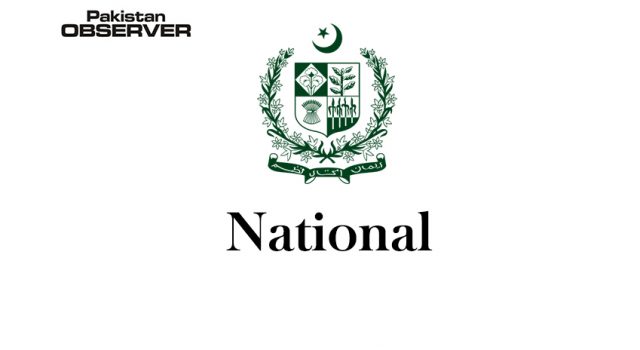Staff Reporter
Peshawar
Child Rights Movement (CRM) Khybyer Pakhtunkhwa organized an online consultation on “Single National Curriculum and Gender Reform” to be adopted in the country with the vision of One System of Education for all. According to a press release issued here on Tuesday, the discussion emphasized on addressing gender inequalities and stereotypical gender norms through curriculum reforms to strengthen attitudinal and behavioral transformation among our young generation.
Amina Sardar, Political Activist and Educationist shared that “textbooks are known to have a lasting impact on children’s life choices. Both self-esteem and identities often develop according to the gendered role models that children are socialized into through curriculum and textbooks.” Sana Ahmad Coordinator Child Rights Movement KP said “Our textbooks across all subjects have long depicted women in stereotypical gender roles that take lead mostly in domestic chores.
In cases when women are presented in professional roles, they are often confined to a handful of socially acceptable occupations such as school teachers and doctors.” Qamar Naseem an education rights advocate said” Curriculum assumptions and the teaching that accompany them,reinforces gender inequalities with girls often channeled into “lower status” subjects. Providing equal access to schooling for girls was not sufficient. Because it does not mean that they have gained equal access to the curriculum and the power that was related to certain types of knowledge.
Valrie Khan a child right expert said “To increase demand for girls’ education, the value and relevance of the education must be clear. How girls, their families, and teachers view education and the content of the curriculum will be influenced by gender equality in the wider society. In Pakistan, assumptions about what is appropriate for boys and girls to learn can undermine equality in learning”.
The CRM members demanded the Government to develop a curriculum that was not just free of gender biases but also actively contributes towards broadening the horizons of young girls and making them more ambitious for their future through textbooks, across all subjects with strong female role models beyond traditional occupational roles at parity with male icons.










